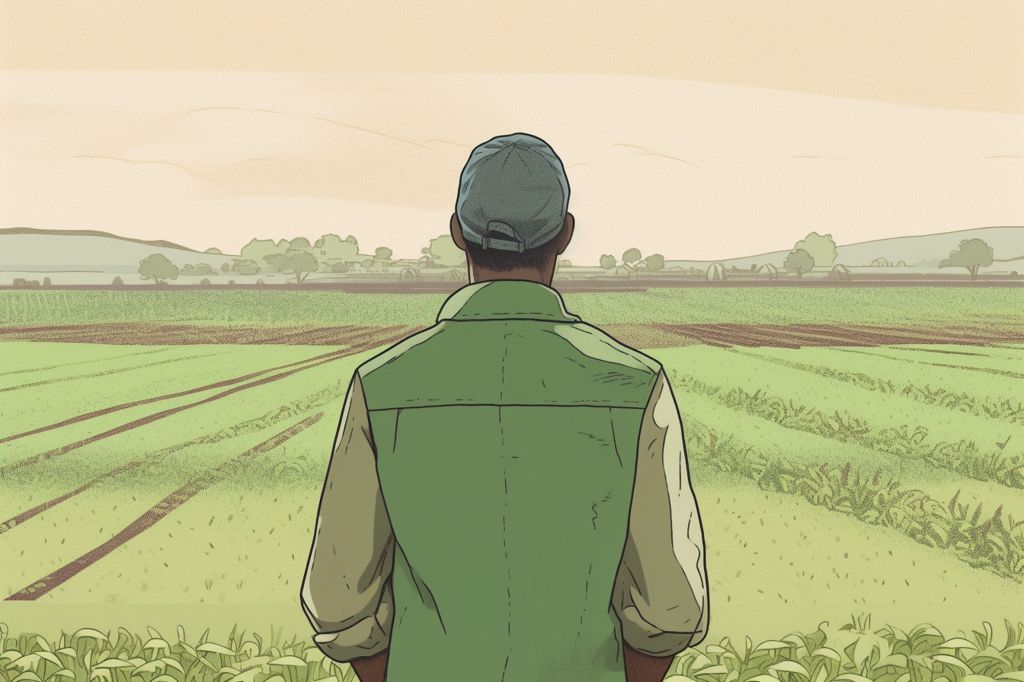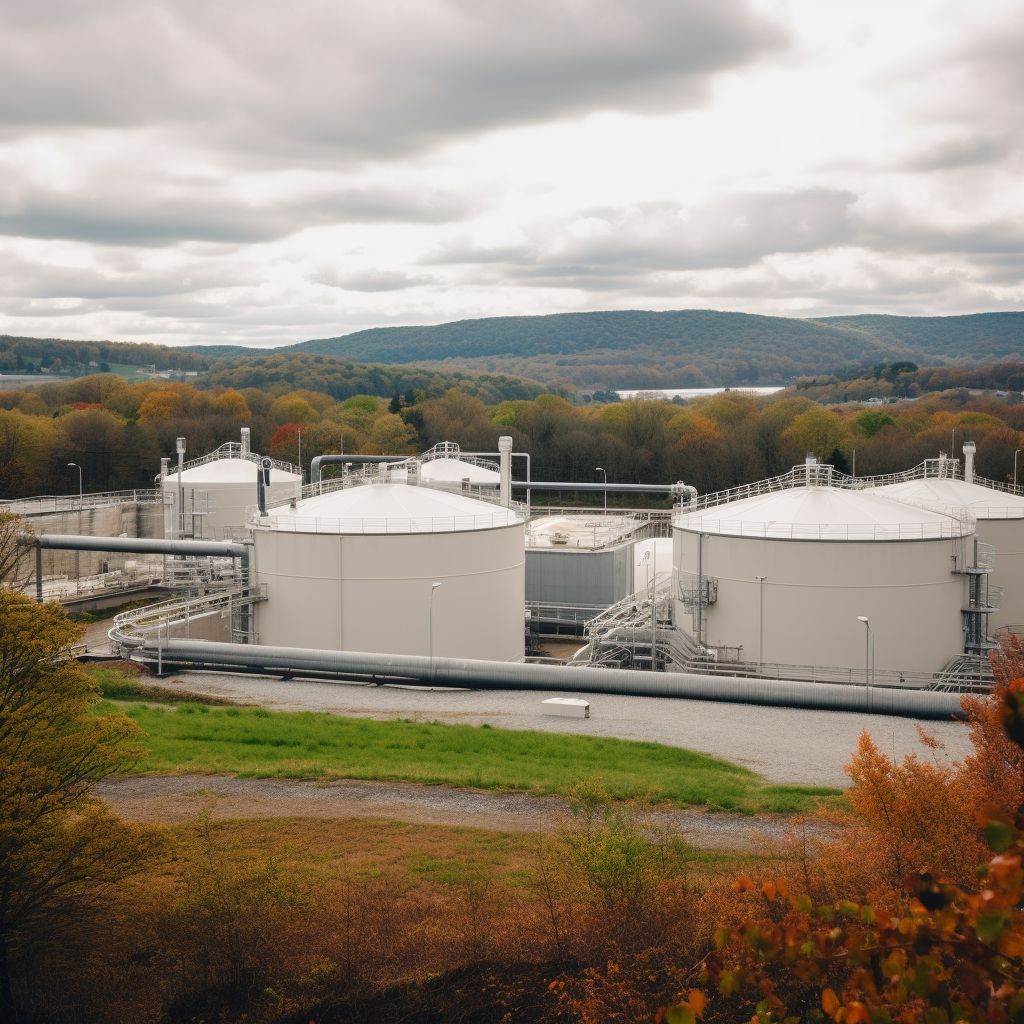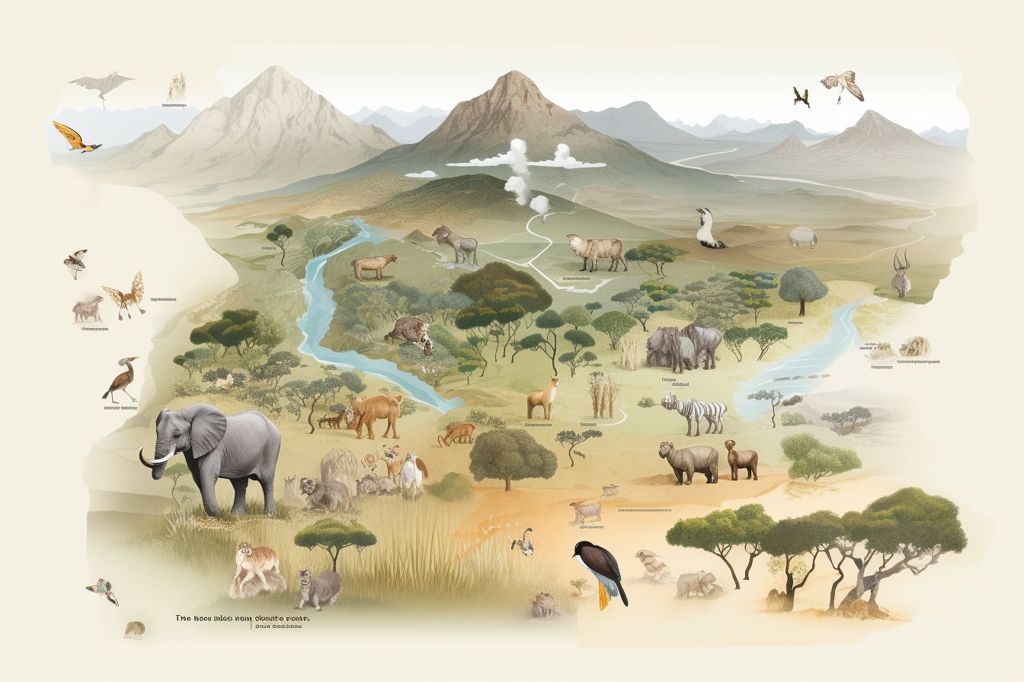South Africa’s agricultural sector must undergo transformation and evolution to redress the historical injustice of the Native Land Act and ensure economic growth, social well-being, and environmental sustainability. This article explores the necessary steps to revitalize the agricultural sector, including investments in underutilized communal lands, enhancing rural economies, tackling climate change, empowering previously disadvantaged farmers, and leveraging technology for rural development.
Investing in Underutilized Communal Lands
Restoring underutilized communal land can increase South Africa’s real GDP by R59 billion and create around 500,000 job opportunities in agriculture and related rural economic activities. Initiatives such as the greening Mpumalanga project have succeeded in turning rural areas into economic districts through investment, skills development, infrastructure, and enterprise support. Increasing investment in these underutilized areas is essential to create more employment opportunities and stimulate economic growth in rural communities.
Enhancing Rural Economies through District Development
Collaboration between government spheres and the District Development Model can support rural enterprises and uplift communities. The Farmers Support Production Units have created employment opportunities for young people trained through the National Rural Youth Service Corps while enabling critical agricultural infrastructure development. By fostering collaboration between different governmental bodies, more jobs can be created, and infrastructure in rural areas can be improved.
Tackling Climate Change
South Africa’s agricultural sector faces significant climate change-related challenges, and the Department of Agriculture, Land Reform, and Rural Development will issue regular advisories to farmers and invest in research and development efforts. By addressing climate change head-on, South Africa can ensure the long-term sustainability of its agricultural sector and protect the livelihoods of its farmers.
Empowering Previously Disadvantaged Farmers
The growth and transformation of the agricultural sector depend on supporting previously disadvantaged farmers. The Agriculture and Agro-processing Master Plan has set transformation targets for the sector, and empowering disadvantaged farmers and providing them with necessary resources and support can create a more inclusive agricultural sector.
Leveraging Technology for Rural Development
The department will upscale the mapping and geospatial analysis of rural communities using drone technology to better understand land suitable for crop cultivation and grazing. By leveraging technology, South Africa can make data-driven decisions to maximize the productivity of its agricultural sector and drive rural development.
Addressing Food Security and Land Hunger
Budget allocation of R17.25 billion will enable the Department of Agriculture, Land Reform, and Rural Development to implement programs addressing food security, land hunger, spatial planning transformation, and rural area development. This financial support will ensure the agricultural sector remains central to South Africa’s economic reconstruction and recovery and plays a vital role in national food security efforts.
Reviving South Africa’s agricultural sector requires concerted efforts from various stakeholders, including the government, industry players, and rural communities. By investing in underutilized communal lands, enhancing rural economies, tackling climate change, empowering previously disadvantaged farmers, and leveraging technology for rural development, South Africa can create a vibrant, inclusive, and sustainable agricultural sector that contributes to the nation’s economic growth, social well-being, and environmental sustainability.












